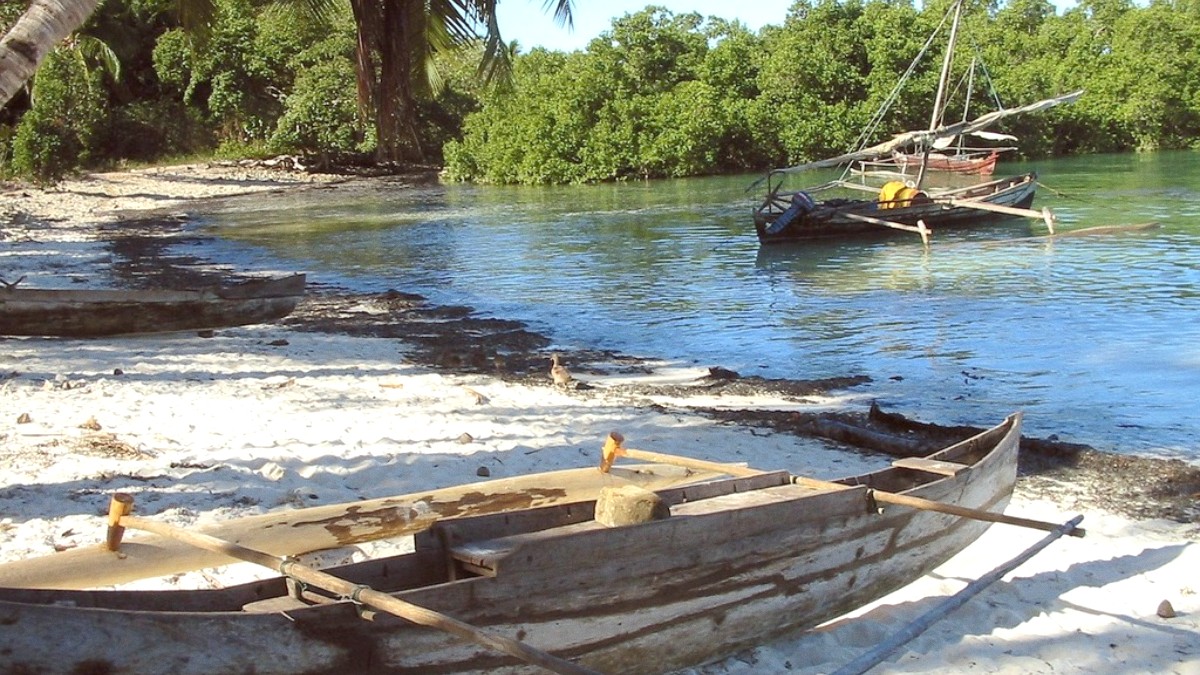
Exposure to a simple, traditional culture offers deep insights into different values and community structures.
Witnessing the resilience of the I-Kiribati people in the face of challenges inspires.
Find beauty and satisfaction in fewer material possessions and modern conveniences.
Understand the unique challenges of island nations and remote communities.
Discover an unique connection to relatively untouched natural environments.
Your visit to Kiribati offers an opportunity to contribute positively to its future. Embrace responsible travel practices.
Minimize plastic consumption. Use a reusable water bottle, a reusable shopping bag, and Reusable utensils.
Take care not to touch or damage coral reefs when snorkeling or diving. Observe marine life without disturbance.
Select accommodations and operators demonstrating stated environmental practices, if available.
Engage with locals respectfully and genuinely. Seek to learn from them.
Learn and use basic greetings in I-Kiribati. This shows immediate respect.
Understand and respect the significance of places like Maneabas and World War II sites.
Be a mindful and quiet observer during cultural events or when visiting villages.
Follow catch-and-release guidelines for fishing where applicable or required.
Always ask permission before photographing individuals or sensitive sites.
Commit to sustainable and respectful travel practices for the well-being and preservation of Kiribati's environment and culture.
Kiribati may serve as a stepping stone to further Pacific exploration or inspire visits to other unique destinations.
If Kiribati's remote atolls resonated with you.
For more developed tourism amenities and cultural experiences.
Continue exploring Pacific War historical sites.
Strategies for seamless multi-island trips.
The Nauru Airlines route offers a journey through multiple microstates, but careful scheduling is important.
Regional connections can be infrequent, requiring flexibility in your itinerary.
Research flight availability and transit times thoroughly for combined trips.
Tailor future trips based on interests or seasonal conditions.
Return during the dry season (June-November) for optimal outdoor activities.
Plan a return during a specific fishing season on Kiritimati to target certain species.
Visit a different island group, like the Line Islands versus the Gilbert Islands, for contrasting experiences.
Explore additional resources to continue your connection to Kiribati and the Pacific.
Access platforms like Skillshare for photography courses to capture future travels.
Explore research on climate change or anthropology in the Pacific.
Look for online virtual tours or 360-degree videos of remote islands.
Follow blogs specializing in remote island travel or sustainable tourism.
Seek out opportunities for cultural exchange programs or volunteer work.
Join groups dedicated to Pacific culture or conservation to remain informed.
Kiribati leaves a lasting impression, inspiring continued learning and responsible global citizenship.